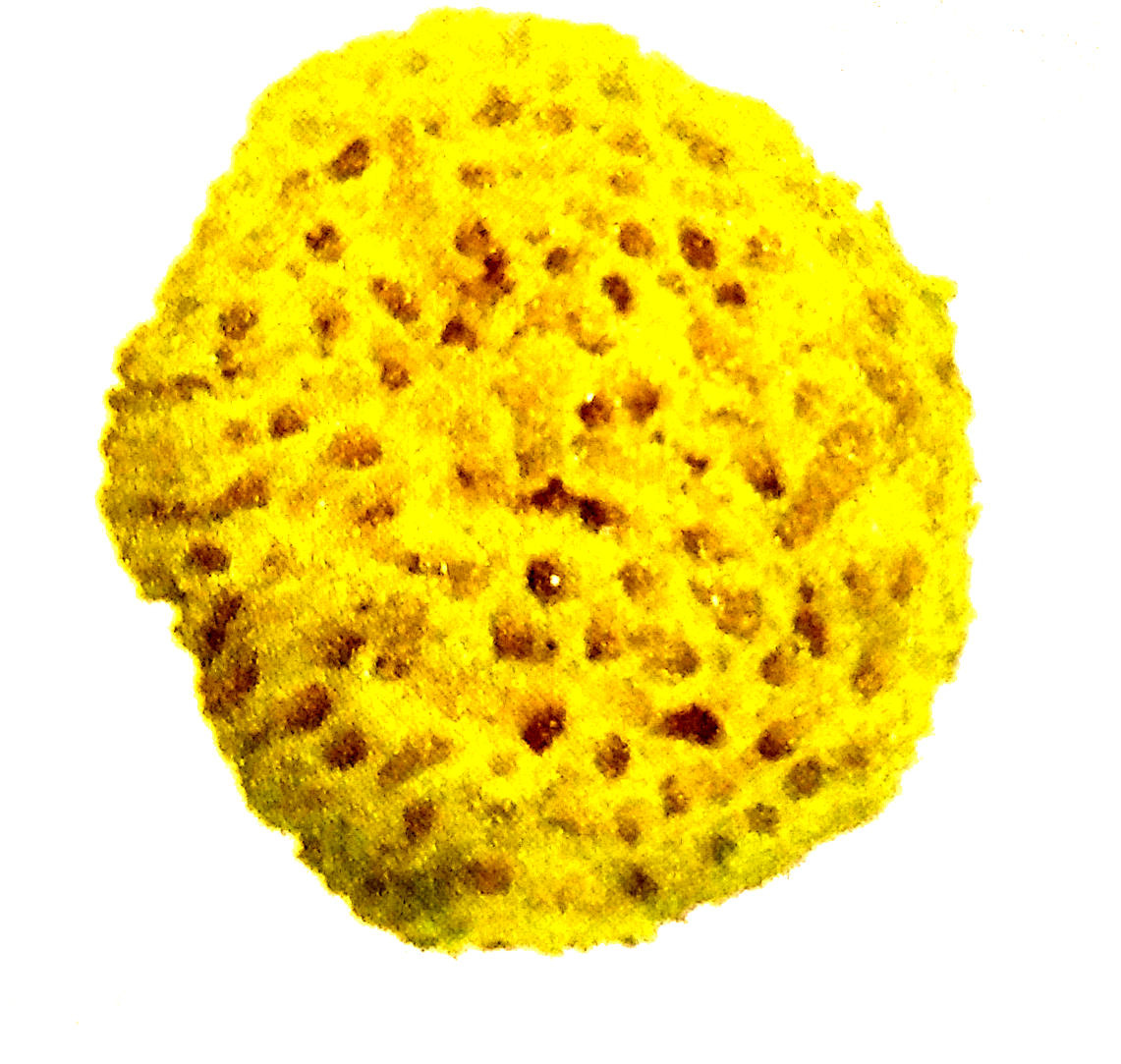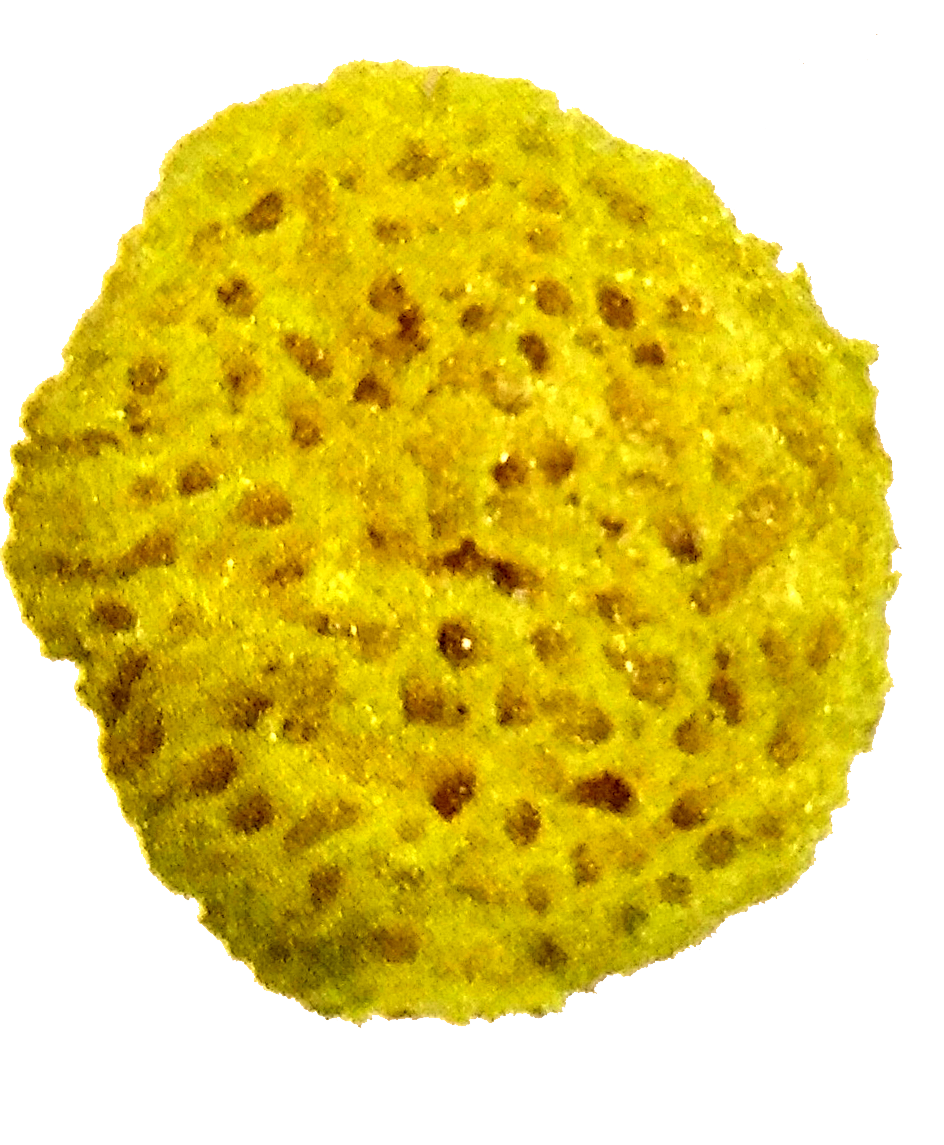Read the following passages and answer the questions that follow:
Niccolo Machiavelli wrote about human nature in the fifteenth chapter of his book, The Prince (1513). 'So, leaving aside imaginary things, and referring only to those which truly exist, I say that whenever men are discussed (and especially princes, who are more exposed to view), they are noted for various qualities which earn them either praise or condemnation. Some, for example, are held to be generous, and others miserly. Some are held to be benefactors, others are called grasping, some cruel, some compassionate, one man faithless, another faithful, one man effeminate and cowardly, another fierce and courageous, one man courteous, another proud, one man lascivious, another pure, one guileless, another crafty, one stubborn, another flexible, one grave, another frivolous, one religious, another sceptical, and so forth. Machiavelli believed that 'all men are bad and ever ready to display their vicious nature partly because of the fact that human desires are insatiable'. The most powerful motive Machiavelli saw as the incentive for every human action is self-interest.
What did niccolo machiavelli believe in ?
He believed that all men are bad and ever ready to display their vicious nature partly because of the fact that human desires are insatiable. The most powerful motive for every action is self-interest.
Topper's Solved these Questions
- CHANGING CULTURAL TRADITIONS BOOK - FULL MARKSCHAPTER - CHANGING CULTURAL TRADITIONS EXERCISE - MORE QUESTIONS SOLVED (MAP SKILLS)
1 Videos
- CHANGING CULTURAL TRADITIONS BOOK - FULL MARKSCHAPTER - CHANGING CULTURAL TRADITIONS EXERCISE - TEST YOUR SKILLS (VERY SHORT ANSWER TYPE QUESTIONS)
3 Videos
- CHANGING CULTURAL TRADITIONS BOOK - FULL MARKSCHAPTER - CHANGING CULTURAL TRADITIONS EXERCISE - MORE QUESTIONS SOLVED (LONG ANSWER TYPE QUESTIONS)
7 Videos
- AN EMPIRE ACROSS THREE CONTINENTS BOOK - FULL MARKSCHAPTER - AN EMPIRE ACROSS THREE CONTINENTS EXERCISE - MORE QUESTIONS SOLVED (Map Skills)
2 Videos
- CONFRONTATION OF CULTURESBOOK - FULL MARKSCHAPTER - CONFRONTATION OF CULTURESEXERCISE - MORE QUESTIONS SOLVED (PASSAGE BASED QUESTIONS)
4 Videos
Similar Questions
Read the following passages and answer the questions that follow:
Niccolo Machiavelli wrote about human nature in the fifteenth chapter of his book, The Prince (1513). 'So, leaving aside imaginary things, and referring only to those which truly exist, I say that whenever men are discussed (and especially princes, who are more exposed to view), they are noted for various qualities which earn them either praise or condemnation. Some, for example, are held to be generous, and others miserly. Some are held to be benefactors, others are called grasping, some cruel, some compassionate, one man faithless, another faithful, one man effeminate and cowardly, another fierce and courageous, one man courteous, another proud, one man lascivious, another pure, one guileless, another crafty, one stubborn, another flexible, one grave, another frivolous, one religious, another sceptical, and so forth. Machiavelli believed that 'all men are bad and ever ready to display their vicious nature partly because of the fact that human desires are insatiable'. The most powerful motive Machiavelli saw as the incentive for every human action is self-interest.
Why was he famous for ?
View SolutionRead the passage and answer the following questions.

Identify the animal.
View Solution
Knowledge Check
Who wrote the book “The Prince'?
AV.S. SharmaBBernard ShawCEmile ZolaDNiccolo MachiavelliThe Prince who was responsible for the death of his father was-
AAjatashatruBChanda PradyotaCPrasenjitDUdayanWho wrote the book 'An enquiry into the Nature'?
ABenjamin FranklinBCharles DarwinCRabindranath TagoreDAdam Smith
Read the passage and answer the following questions.

Which Phylum does it belong?
View SolutionGive the feminine words of the following:
Prince ……….
View SolutionWho wrote the book "Man's place in nature"?
View SolutionWho wrote the book 'An enquiry into the Nature'?
View SolutionRead the passage given below and answer the questions that follow :
I could come and go as I pleased. He was the most trusting person I had ever met.
' (a) Who is the speaker speaking about?
View Solution
